SPAIN’S role in importing Russian gas has come under the spotlight once again after Washington issued a blunt ultimatum to the EU to stop buying Russian energy.
The demand has brought into stark relief the awkwardness of the European position.
Brussels, fearing the breath of the Russian war machine on its neck, has long sought to shut off the Kremlin’s channels of financing.
One of the key pillars of this strategy is to prevail upon the US to impose crippling secondary sanctions on third parties which buy Russian energy – namely India and China, and even NATO ally Turkey.

In July, China purchased €6.2 billion in fossil fuels from Moscow, accounting for 42% of total sales, mostly crude. India followed with €3.5 billion, Turkey came third with €3.1 billion.
Collectively, they funded Putin’s invasion of Ukraine to the tune of €12.8 billion in just one month.
Were these inflows to be cut off, it would deal a crippling blow to the Russian war effort.
Yet there is one snag with Europe’s strategy – recently highlighted by the Trump administration.
The fourth largest buyer of Russian energy – which the EU wants the US to sanction – was the EU itself.
Member states imported a total of €1.1 billion in July, far ahead of fifth-placed Saudi Arabia.
Unsurprisingly, Viktor Orban’s Hungary led with €485 million, followed by France at €239 million (much of it liquefied natural gas (LNG) that is re-exported), then pro-Russian Slovakia (€169 million).
Belgium, surprisingly, comes in fourth (€102 million).
READ MORE: Washington accuses Spain of ’emboldening terrorists’ with Israeli weapons embargo
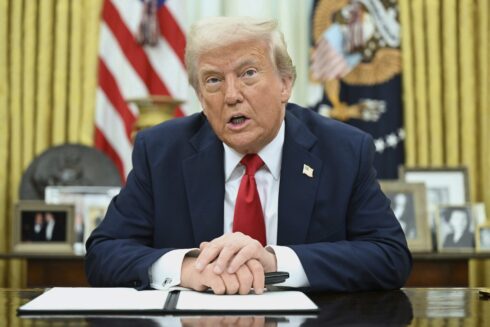
But it is Spain’s import of €66 million of Russian LNG in July that sits it within the top five.
While Hungary or Slovakia can claim they are unwillingly dependent on importing energy from Russia through pipelines, Spain is in no such position – nor does it import Russian crude.
Instead, its significance lies in its role as a gateway.
With roughly a third of the EU’s total LNG import capacity, Spain acts as both a consumer and a transit hub, with some gas re-exported to other European states.
The usual route it takes is by tanker from Russia’s Yamal LNG project in the Arctic, docking at Spain’s network of seven regasification plants in Bilbao, Barcelona, Huelva and Cartagena among others.
In summer months, ships can even take the Northern Sea Route across Siberia, shaving weeks off the journey before entering the Atlantic en route to Iberian ports.
READ MORE: New polling shows Spain’s far-right Vox party has surged in popularity over the course of the summer
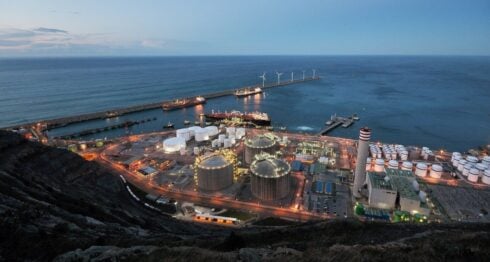
The quantity Spain imported in July was no fluke, and in fact masks a longer trend.
In March 2024 – two years into the war – Russian LNG accounted for nearly 26% of Spain’s total gas imports, up from 14% the year before.
Even if volumes fluctuate – July’s €66 million was down from €144 million in April – the underlying pattern has been one of greater reliance, not less.
The persistence of these inflows highlights Brussel’s difficulty in corralling the EU nations into complying with the sanctions regime, as well as its patchwork nature.
Europe banned seaborne Russian crude in 2022 and backs the G7’s $60 (€55) oil price cap, but – crucially – LNG remains largely untouched.
Pipeline deliveries continue to central Europe, and LNG has slipped through as a regulatory blind spot.
This means that Spain has been legally free to keep importing Russian gas at its discretion – and with the alternatives all more costly or less reliable, its cabal of energy companies have continued to do so.
Algeria’s pipeline deliveries fluctuate, Nigeria’s exports have dropped, and connections to the rest of Europe remain weak.
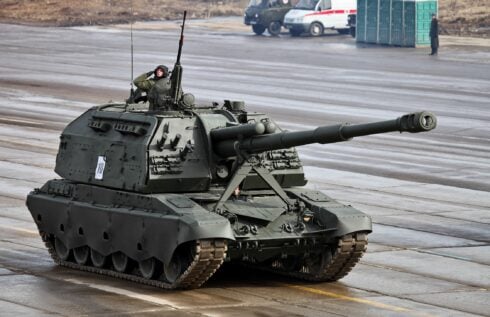
In practice, it is Spanish utilities such as Naturgy, Endesa and Repsol that decide to take the cargoes, often bought on the spot market from Russian supplier Novatek’s Yamal project.
Some of the gas is re-exported north, but the result is the same: Russian cargoes keep passing through Spanish ports, ensuring a steady flow of revenue back to Moscow.
The European Commission is now debating new measures: lowering the price cap, tightening enforcement against Russia’s ‘shadow fleet’ of tankers, and even phasing out all Russian oil and gas by 2028.
But resistance remains, particularly from Viktor Orban’s Hungary, which insists alternative supplies are neither secure nor affordable.
Nor does it do much to tamper suspicions that swirl around Orban and his Slovakian counterpart Robert Fico.

Critics have linked Orban’s reluctance to wean himself off the Russian teat to the enormous stately mansions and massive wealth his family has acquired, the suspicion being that much of it is funded by kickbacks through Russian oil contracts.
Amid all the excuses, half-measures and corruption, it’s not hard to follow the American logic.
The FT reported that Washington has signalled it will only tighten sanctions if Europe first stops buying Russian gas.
Why should the US help Europe if Europe can’t help itself?
Yet suspicion lingers heavily on Trump himself.
Many doubt if he ever has the true intention to apply sanctions and punish Vladimir Putin and the Russian war machine.
The question policy makers in Europe are wrestling with is whether Trump is playing a double game – throwing up a series of increasingly impossible and costly demands in exchange for dangling the carrot of American aid.
From calls for a ban on Russian energy and to apply 100% tariffs on China to his insistence on 5% of GDP in defence spending, the pattern is the same: once one hurdle is approached, another, higher bar is set.
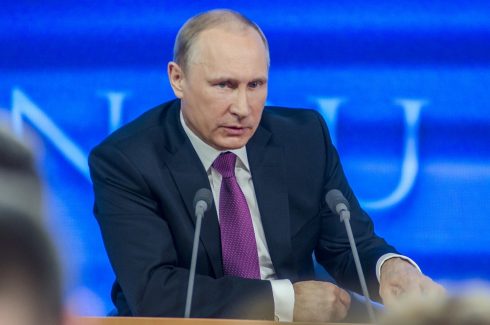
Europe could do itself irreparable fiscal and economic damage in acquiescing to these phantom demands – and ultimately face betrayal and receive nothing in return.
Either way, the paranoia does not change the fundamental equation – Europe needs to stop funding the Russian war machine.
So, what are the alternatives?
The main winner from Europe’s withdrawal from Russian energy has been, unironically, Trump’s USA.
The US has overtaken Russia as the leading LNG supplier, accounting for nearly half of all EU LNG imports in 2023–24.
Europe’s most immediate substitute has been Norway, now the EU’s largest supplier of pipeline gas, covering more than 30% of demand.
Qatar has signed long-term contracts with Germany, Italy and others, but new supply will only flow from the late 2020s.
Algeria remains vital for southern Europe, piping gas directly into Spain via Medgaz and into Italy through the TransMed line. Smaller volumes arrive as LNG from Nigeria, Egypt and Trinidad.
Beyond hydrocarbons, Europe is accelerating renewables: Spain and Portugal already generate more than half their electricity from wind and solar, while France still leans on nuclear for 70% of its power.
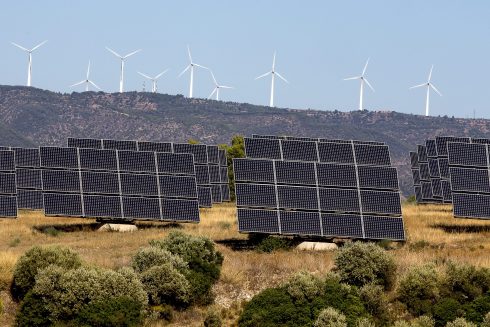
Brussels also pins hopes on green hydrogen projects in Spain, Germany and the Netherlands – though these remain years from scale and are expensive capital investments.
In the end, however, it has been very costly for Europe to give up cheap Russian energy.
Pipeline gas from Norway trades at a premium, LNG cargoes from the US and Qatar are pricier still once shipping and regasification are factored in, and renewables require heavy upfront investment in grids and storage.
These factors have combined into a punishing flurry of blows raining down on European economies during a dangerous new era of mercantilism characterised by Trump’s tariffs and China’s dumping.
The shift has left households paying more for electricity and heating, with energy bills in many EU countries still 30–50% above their pre-war averages.
Meanwhile, Europe’s heavy industries in energy-intensive sectors such as steel, chemicals and fertilisers have been forced to cut output or relocate, thanks to electricity and gas prices far higher than in the US or Asia.
Governments have had to shoulder the burden by spending hundreds of billions on subsidies, tax breaks and price caps – Germany alone committed over €200 billion between 2022 and 2024, while Spain and France have each spent tens of billions shielding families from inflation.
Many European citizens naturally view these outcomes as a very high price to pay – all to blunt the Russian war machine.
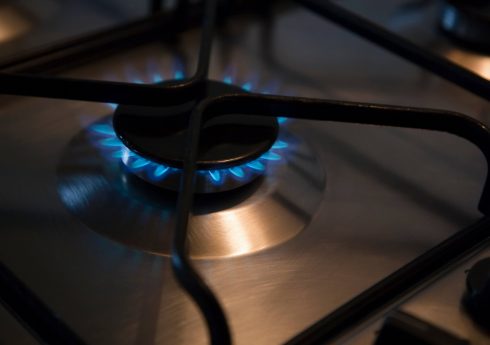
And so it poses the question: would the alternative be worse?
Would a well-funded, blood-lusted and – crucially – victorious Russian army camped on the EU’s borders be better than a drawn out economic decline?
For some in Spain, snug and safe far from the front lines, the answer is a resounding no.
But the world is becoming an increasingly dangerous place for Europe as the 21st century wears on.
Russia’s assertiveness coincides with Trump’s gradual removal of the American security umbrella – in spite of the hope that one-sided trade deals would keep him engaged.
Without America to protect it, European leaders will either have to get serious and make some tough choices, or permit predatory states such as Russia to expand its empire and extend its corrupting influence into western capitals – and the heart of Europe itself.
Click here to read more Must Read News from The Olive Press.

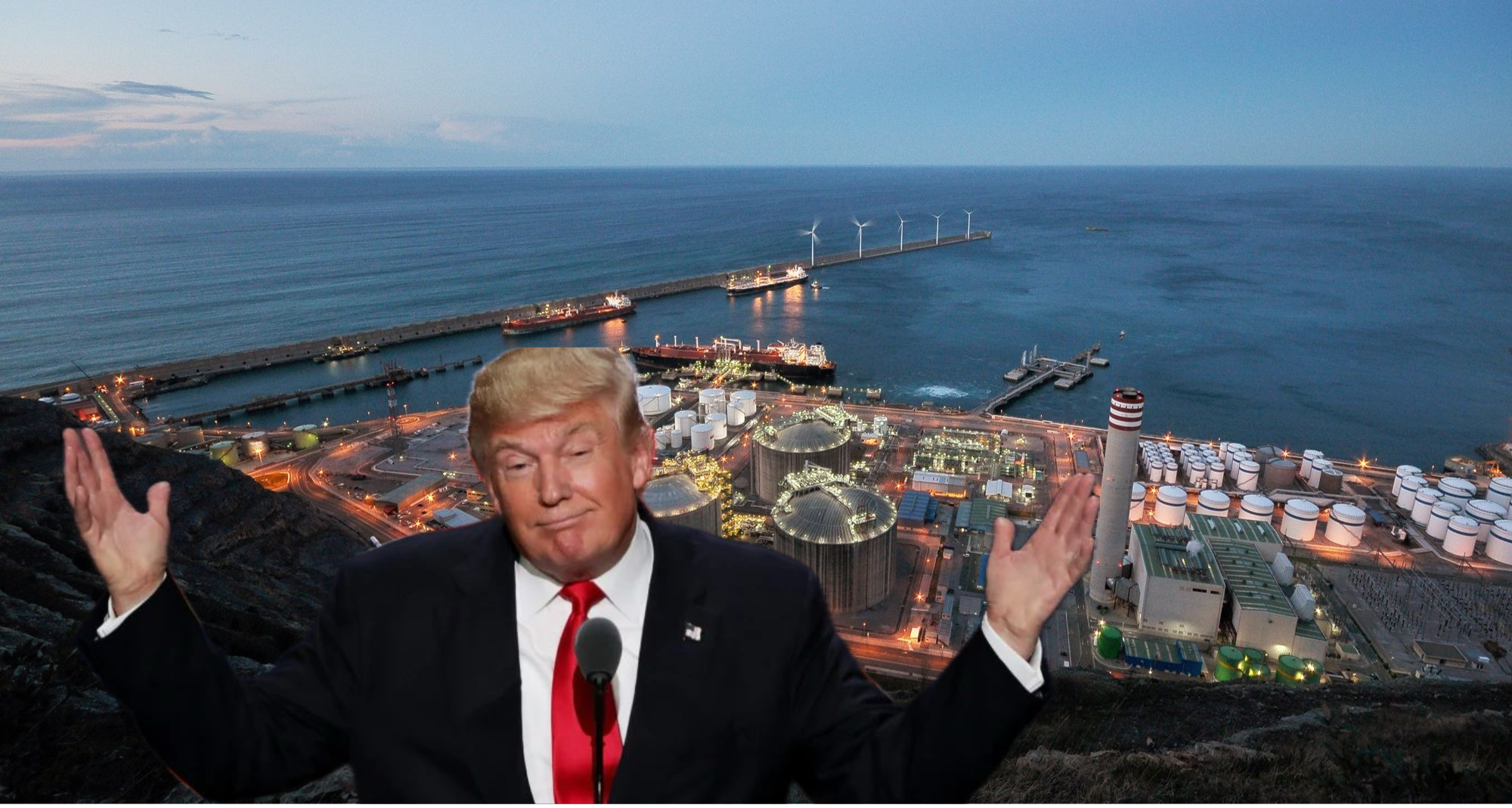



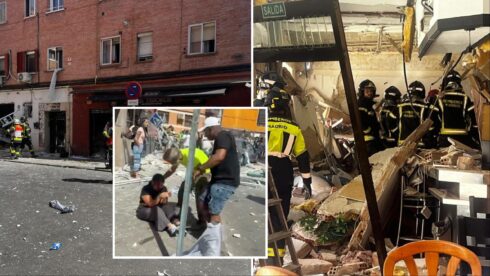
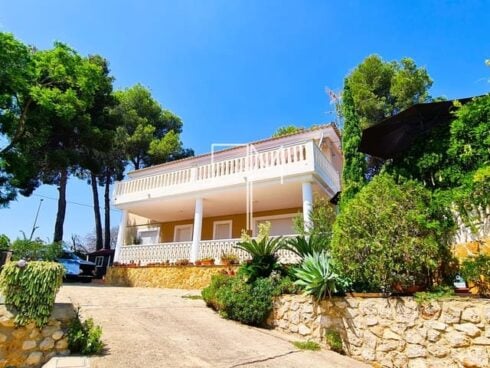
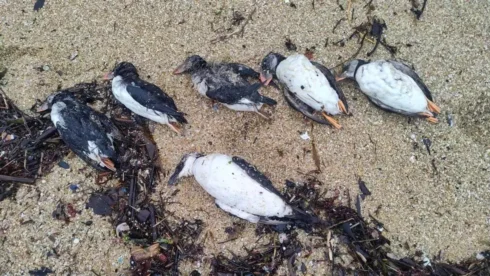
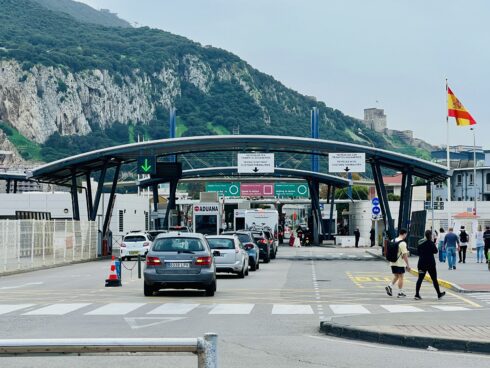
I can see the US’s point. Would you feed a snake which has just bitten you? It is two faced to, on the one hand, condemn Putin for invading Ukraine and on the the other, continue providing them the finance they desperately need to maintain their hostilities. If Europeans are genuinely concerned, they should be prepared to make the sacrifice of more expensive gas.